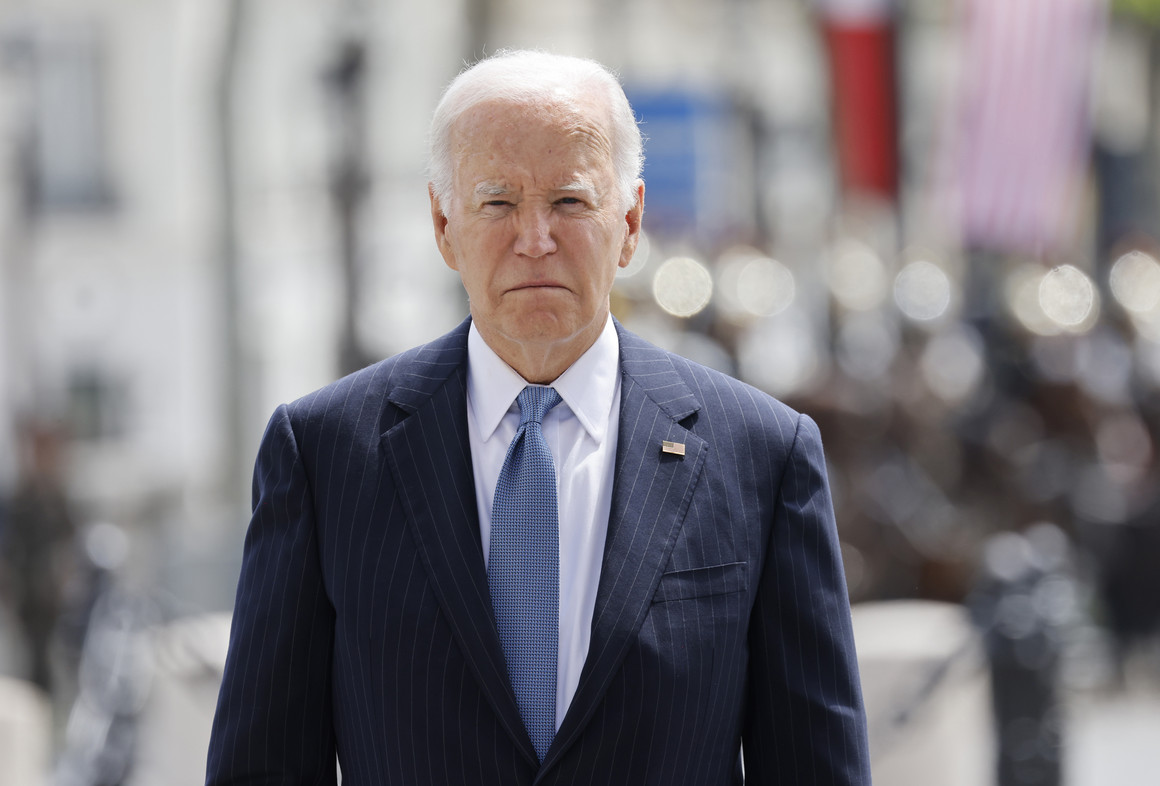Photo Credit: Getty Images
Global oil markets experienced significant turbulence as geopolitical tensions in the Middle East reached a critical point. West Texas Intermediate crude surged 5.05% to $73.64 per barrel, marking its most substantial weekly gain since March 2023.
The catalyst for this market movement came from President Biden's carefully worded response to questions about potential U.S. support for Israeli strikes on Iranian oil facilities. "We're discussing that," Biden stated, adding cryptically, "I think that would be a little – anyway." This nuanced comment sent ripples through energy markets, with analysts rapidly adjusting their forecasts.
Daniel Ghali, senior commodity strategist at TD Securities, contextualized the situation: "Geopolitical risks in the Middle East are probably at their highest levels since the Gulf War." This assessment comes in the wake of Iran's recent ballistic missile attack on Israel, which has heightened fears of potential disruption to global oil supplies.
Market veterans are closely monitoring OPEC+ spare capacity, which could prove crucial in stabilizing supply shocks. Claudio Galimberti, chief economist at Rystad Energy, noted that this buffer has thus far prevented "runaway prices amid one of the deepest crises in the Middle East in four decades." However, Swedish bank SEB's chief commodities analyst, Bjarne Schieldrop, warned that oil prices could potentially surge to $200 per barrel if Israel targets Iran's oil infrastructure.
The situation has evolved rapidly since last month when Israel intensified its operations in Lebanon, targeting Hezbollah positions. These actions reportedly resulted in significant casualties among Hezbollah leadership, prompting Iran's missile response on Tuesday. The Lebanese army reported an Israeli strike killed one of their soldiers Thursday, adding another layer of complexity to the regional dynamics.
Historically, Middle East conflicts have caused substantial oil price volatility. The 1990 Gulf War saw oil prices double within two months. However, today's market dynamics differ significantly, with the U.S. now being a major oil producer and global spare capacity more strategically distributed.
As tensions escalate, the international community remains focused on diplomatic efforts to prevent further escalation. European Union officials announced a 30 million euro increase in humanitarian aid to Lebanon, signaling growing concern about regional stability.
Financial markets are bracing for continued volatility as investors weigh the possibility of supply disruptions against existing market fundamentals. The situation remains fluid, with analysts emphasizing the critical role of the Strait of Hormuz in global oil trade and the potential for significant market disruption if the conflict escalates further.


